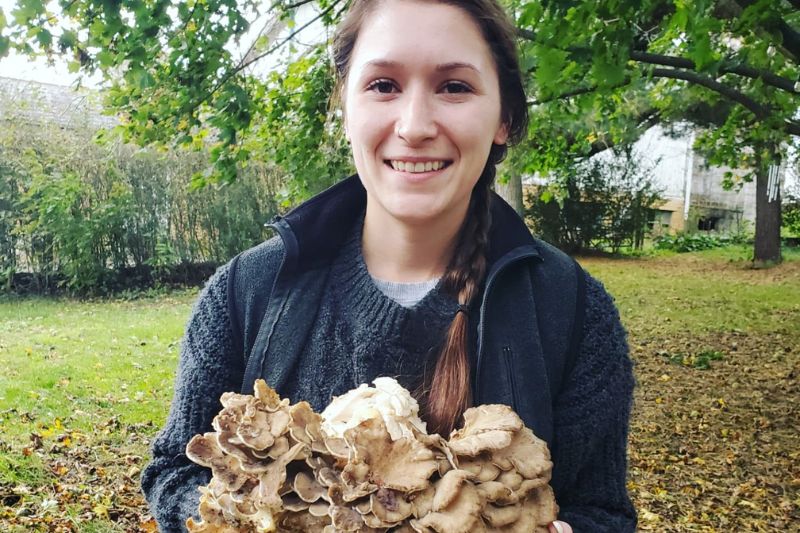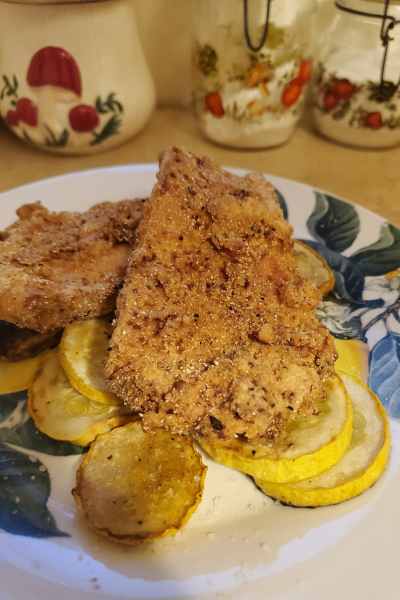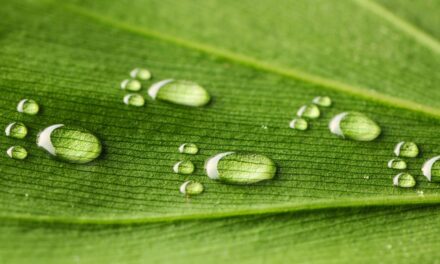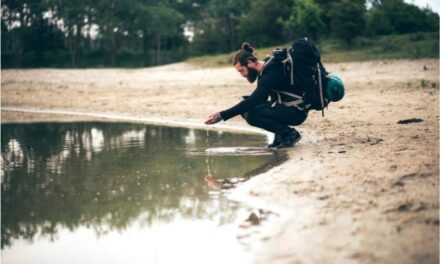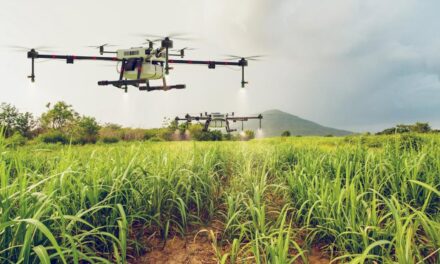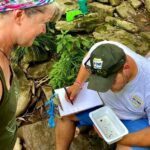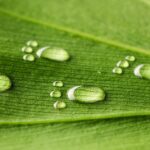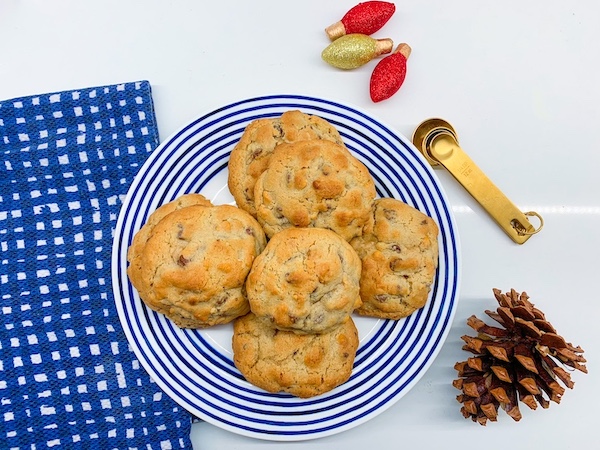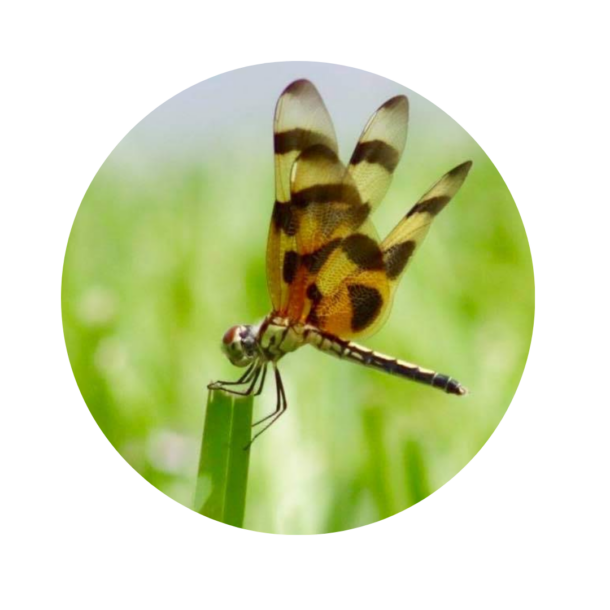I’ve realized that my sustainability journey is, at its core, a journey toward low-impact, self-reliant living.
It’s hard for me to pinpoint exactly where my sustainability journey began. I’ve always been someone who cared about the environment, especially considering that my main hobbies involve gaining pleasure from natural spaces.
I really credit my sanity most days to getting out on a nice hike with my dogs. Spending much of my day in front of a computer screen, having the chance to unplug gives me an opportunity to refresh my mind and body. When I am out in the woods, taking in the sights, sounds, and smells, it makes me realize just what is at stake if we don’t do our part in protecting natural green spaces. During our hikes, I always keep an eye out for the trash to collect and bring out with me, a small act at the moment that certainly adds up over time.
Striving for Self-Reliance with Help from the Community
Since my husband and I live in a rural area, we have the wonderful opportunity to support – and participate in – the local food chain economy.
I’ve learned so much about the horrors of the industrialized food chain that’s become the standard in the United States from The Omnivore’s Dilemma by Michael Pollen and The Secret Life of Groceries by Benjamin Lorr. (Read our book summary.) It’s opened my eyes to just how much of a positive impact you can make in the world by eating what’s been grown and raised locally. By shopping at the local farmers’ markets, we not only are able to eat the freshest products, but we’ve also gained invaluable relationships along the way.
We try to eat a balanced diet that doesn’t solely rely on meat. However, on the days that meat is on the menu, we always try to source locally. If we haven’t harvested and processed enough venison ourselves for the year during hunting season, we’ve found a wonderful farm to be our source. I’ve had the chance to visit Grace’s Family Farm, and the ability to see the cattle happily grazing in the way their biology intended, instead of being raised on an industrial scale, gives me peace in knowing that our purchase supports a local, sustainable part of the community.
Humble Roots Mushroom Farm is another gem we’ve found at our local farmers market. Mushrooms are a delicious substitute for meat. My husband and I are avid mushroom hunters, but we aren’t always lucky enough to find them every time we go out. Thanks to a local mushroom farmer, we can switch up our meals and cut down our meat consumption.
What we don’t purchase at the farmer’s market, we supplement with our own garden. We have a 900 square feet plot we fill with a variety of heirloom vegetables that we can save seeds from for next year’s planting. We always plant sunflowers to support the local ecosystem as well, providing pollen for the bees and seeds for the birds at the end of the growing season.
Gardening has led me to learn more about preservation. When we have a fruitful harvest, you’ll likely catch me canning most of the weekend. Not only does this prevent waste of what we aren’t able to eat when fresh, but it also provides us with a hearty source of nutrients and variety throughout the winter months when local produce is sparse.
I’ve realized that my sustainability journey is, at its core, a journey toward low-impact, self-reliant living.
When the pandemic hit, we didn’t see nearly the level of shortages that our friends in the city did. The whole experience taught me how important it is to regularly practice these skills so we can be prepared for whatever the world throws at us.
For example, we converted an old garden shed on our property to a chicken coop where we house 15 hens and a rooster. This simple endeavor has more than paid for itself, especially as we see chicken and egg prices skyrocket in grocery stores nationwide. We further benefit from free-range eggs filled with Omega-3s (something not guaranteed from store-bought eggs). Watching our chickens running around our yard, scavenging for worms, and basking in the sunlight, really makes it worth the time and effort.
(Read the article “Raising Chickens in Your Backyard Can Be Fun and Helpful to the Environment” to learn more.
With a garden and chickens, we’ve implemented several compost bins in our yard. Composting our kitchen scraps and chicken waste, in addition to recycling, has cut down the amount of trash we accumulate each week. It also enables us to generate fresh, rich soil to add to our garden each year.
Making Changes that Benefit the Planet
Since joining One Planet Life, I’ve learned of many eco-friendly alternatives to implement in my daily routine. What is even better is that I can track my changes daily and feel encouraged about the emissions I’m reducing.
A major change for our family has been the switch to reusable paper towels. We have five pets at home, so messes are frequent. I would often find myself grabbing a bunch of paper towels unnecessarily. This way, I can still keep up with the habit and convenience of pulling off a roll, but now I just toss them into a laundry basket instead of the trash can. Saving trees – and money – has been a wonderful motivator.
I’ve also switched my cleaning products and detergents to concentrated versions to save on unnecessary plastic packaging. Brands like Seventh Generation, Mrs. Meyers, and Grove Collaborative offer so many options. Supporting these brands, that strive to use less harmful toxins and do their part to deliver their products in a planet-friendly way, is worth the investment.
Joining the team and using the One Planet Life app has been a true motivator to not only keep up with what I’ve already been balancing but to strive toward future goals to Reduce Waste. This journey is leading me to learn more about the businesses I buy from, cutting back on unnecessary plastic, and doing my part to share these tips with others so they too can find success when embarking on their own sustainability journeys.
The staff at One Planet Life are serious about sustainable living. That’s why we decided to share the struggles and successes of our individual sustainability journeys. We will share tips directly from our team members, curated through authentic personal experience. We hope that by sharing our stories, we can help foster a community committed to helping each other – and the planet!
Read about One Planet Life Founder Lorie Buckingham’s sustainability Journey.
Read about One Planet Life Master Naturalist Yvonne Dwyer’s sustainability Journey.
Read about Kristina Shane’s eco-journey and how she manages to bring the family along.
Read about Lesley Dennison’s sustainability journey and learn her tips for success.

